China's Economic Growth Slows to 7.7%
China's economic growth slowed slightly in the fourth quarter, complicating the challenge for the country's leaders as they seek to reshape the world's second-largest economy.
China's growth slowed slightly in the fourth quarter as Beijing eased back on efforts to rev up the economy, signaling a potential slow start for the new year as the country's leaders seek to reshape the world's second-largest economy.
Many economists already expect the Chinese economy to slow further in the coming year as the country's leaders prepare to introduce reform measures. These would be aimed at reducing the economy's dependence on investment and trade and boosting its reliance on domestic spending and the expansion in the service industries.
The nation's economy grew 7.7% in the fourth quarter from a year ago, slower than the 7.8% it posted in the third quarter, according to data released Monday by China's National Bureau of Statistics. For the year it also posted 7.7% growth, matching the revised pace it recorded in 2012.
"There was steady economic progress [last year] and this was no small achievement," the bureau said in a statement. But it added that the Chinese economy still faces imbalances, while "fundamentals of the economic recovery are still not stable."
The fourth-quarter increase was higher than a median 7.6% gain forecast by 13 economists in a Wall Street Journal survey.
The Chinese economy expanded 1.8% from the previous quarter on a seasonally adjusted basis, the statistics bureau said.
Other data released Monday also suggested some weakness. Industrial output growth slowed in December to 9.7% from a year earlier, compared with 10% in November. Fixed-asset investment in nonrural China rose 19.6% for all of 2013, slower than the 19.9% increase recorded in the January-November period.
"We don't see any areas that would support an economic rebound in the first quarter," said Ma Xiaoping, economist with HSBC Holdings PLC.
Some data suggested consumer spending could remain stable. Retail sales in China rose 13.6% in December from a year earlier, a tad lower than November's 13.7% increase.
"Overall in the fourth quarter there was some moderation" in economic growth, said Zhu Haibin, an economist with J.P. Morgan . "But we are still in the comfort zone and these are favorable conditions for pushing reform."
Earlier last year, as the economy slowed, China unveiled a program of government spending combined with tax breaks and the cutting of red tape. But Chinese leaders shifted away from what some economists called a ministimulus later in the year amid worries over mounting debt.
The results came after Chinese leaders unveiled a raft of reform goals in November intended to steer the economy away from its traditional reliance on exports and big government-funded infrastructure projects. While economists say such rebalancing could strengthen the Chinese economy over the longer term, it could subtract from growth over the short term. Closing aging industrial plants, for instance, quickly subtracts from growth, while building new service companies will only slowly add to economic output.
The reform agenda aims to give peasants more rights to their land, encouraging the movement of farmers and their families to cities, and having the financial sector run more by market signals than government orders. But the government hasn't released a timetable for many of its goals, and short-term boosts have been hard to come by.
Mr. Zhu, of J.P. Morgan, estimates economic growth this year at 7.4%, with the second half showing weaker growth than the first as a result of rebalancing efforts. Such a growth level would be below the government's target of 7.5% that it set for 2013. China's leaders are expected to offer a target for 2014 in March that could shine a light on their willingness to tolerate slower growth as a consequence of reform efforts.
Still, the government should be cautious in its rhetoric about reform to manage expectations, said Andrew Polk, an economist with the Conference Board. "You don't want to focus too much on something you can't fix quickly," he said, adding, "it's a slow, gradual process."
In the coming year, China should be able to count on improved exports if the U.S. and European economies improve, said Royal Bank of Scotland economist Louis Kuijs.
Although China's days of growing at double-digit rates appear to be behind it, the country is still growing at a pace that other major countries can't come close to matching, and China remains one of the world's most potent engines of growth.
That said, the country has a number of vulnerabilities, including property markets that some economists describe as bubbles and credit growth over the past five years that matches rates in the U.S., Europe, South Korea and Japan that ended in deep recession in those countries.
Few mainstream economists predict a crisis in the coming year. But any government effort to slow the increase in credit or property prices is bound to be a drag on growth. That is because such measures usually involve either higher taxes or interest rates, both of which inhibit investment and consumption.


 LinkBack URL
LinkBack URL About LinkBacks
About LinkBacks










 Reply With Quote
Reply With Quote
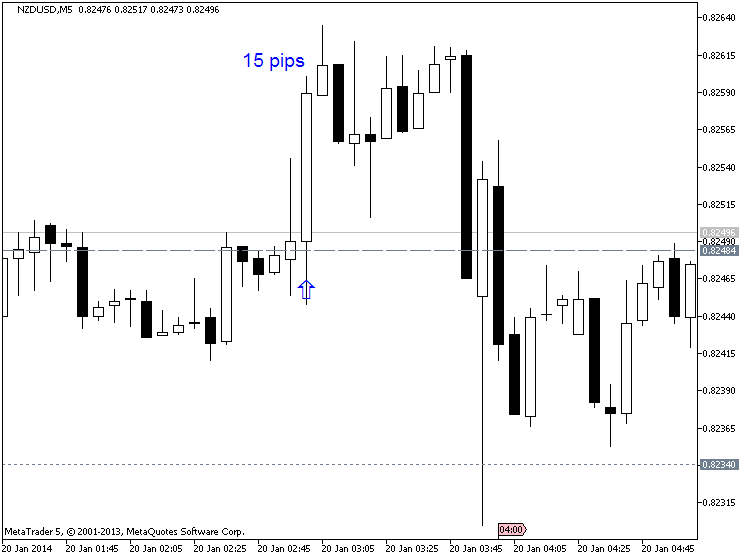
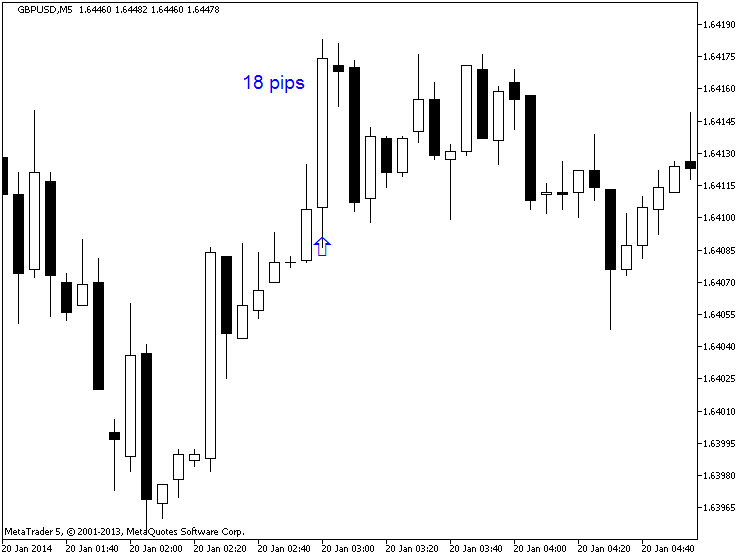
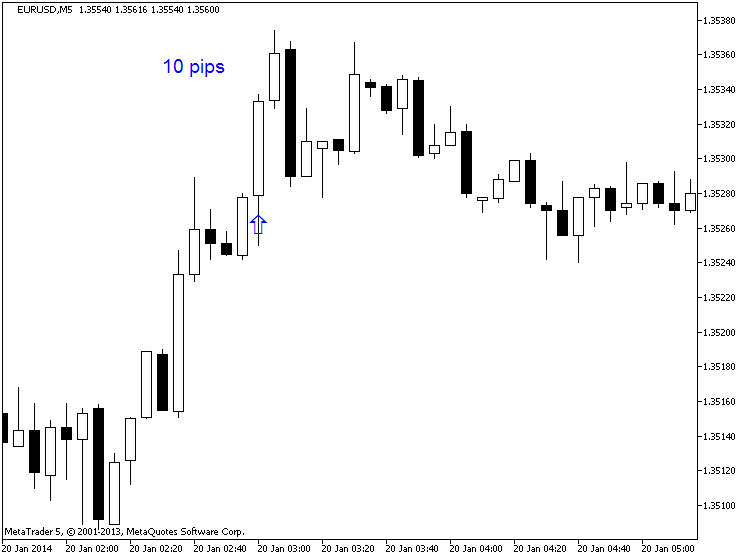
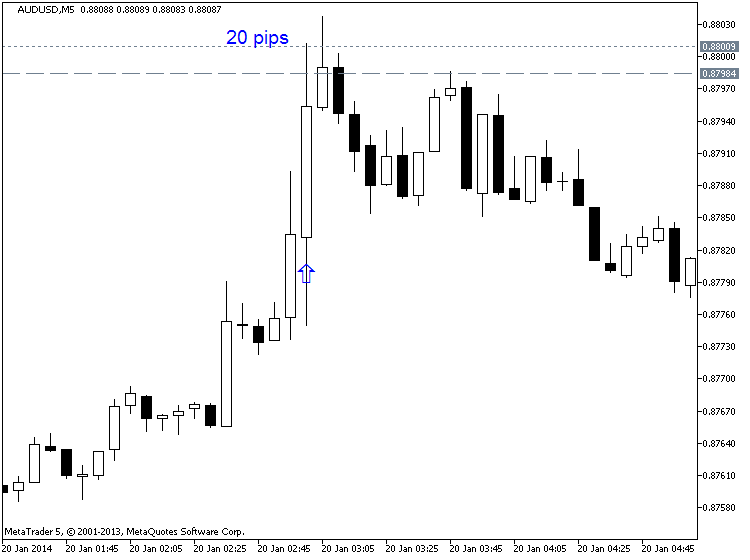
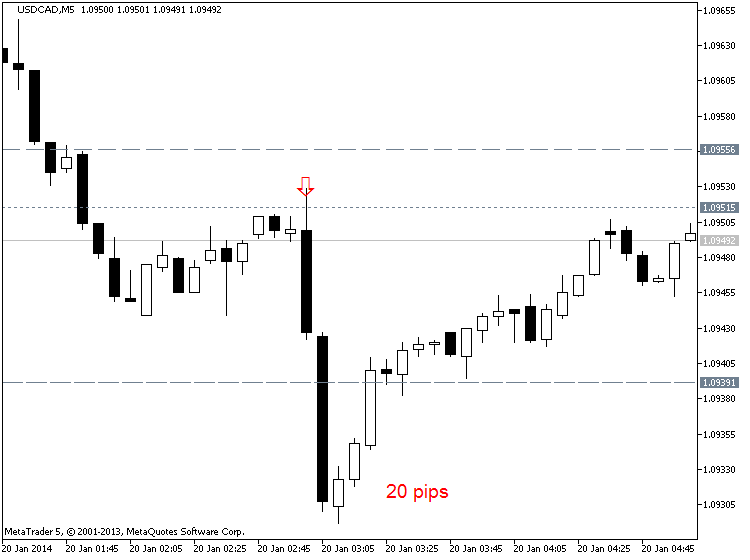


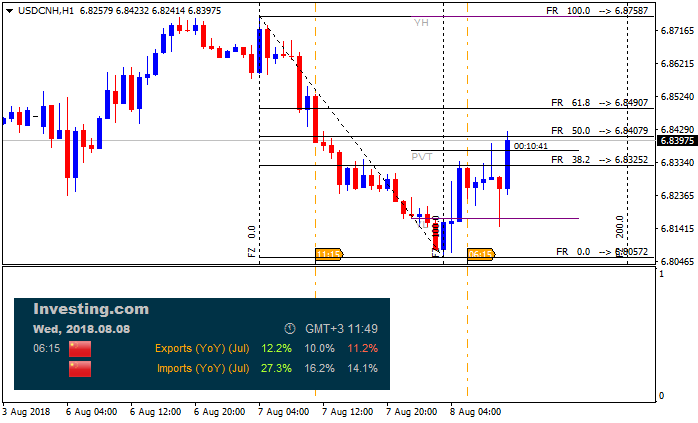


Bookmarks